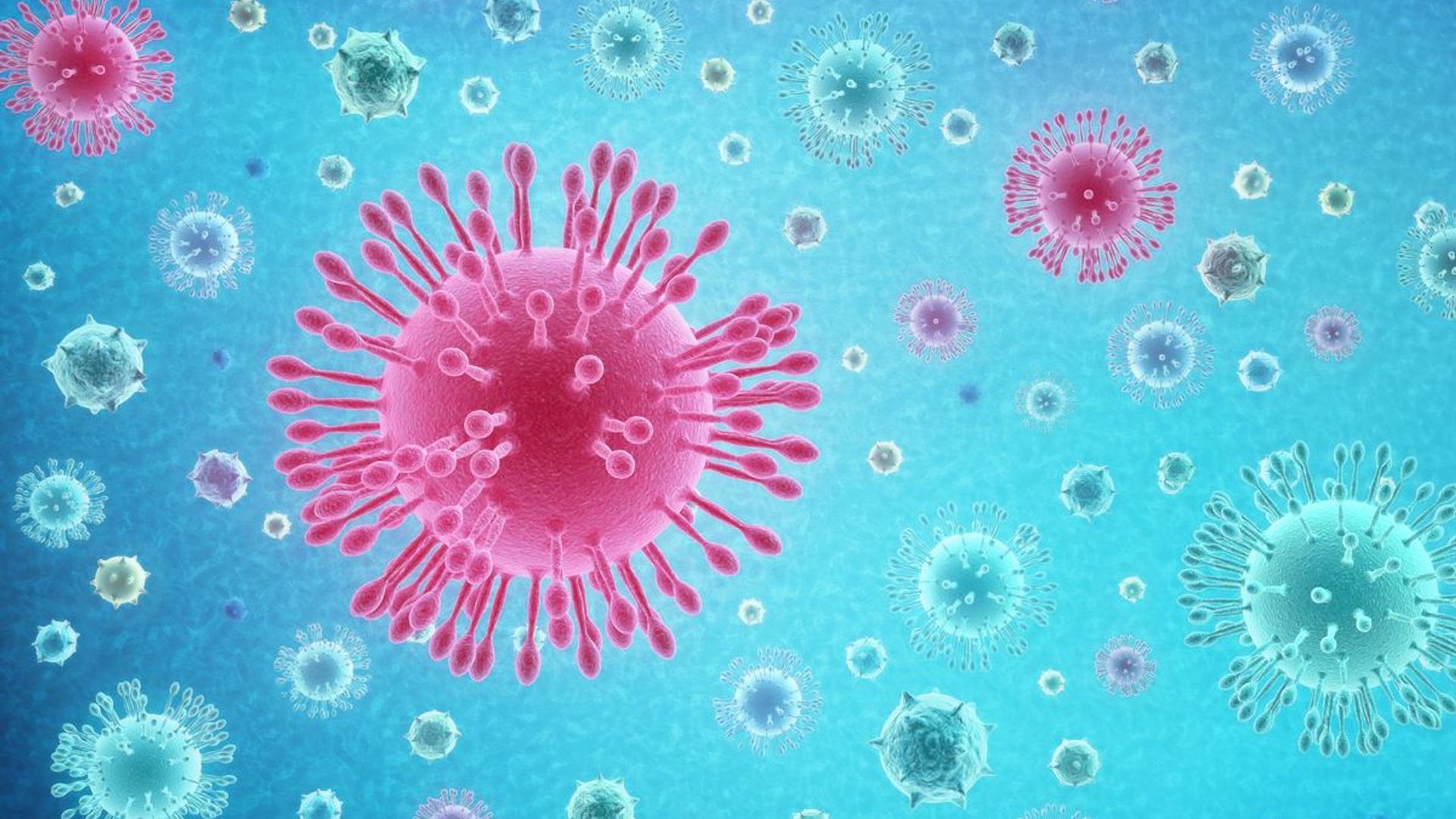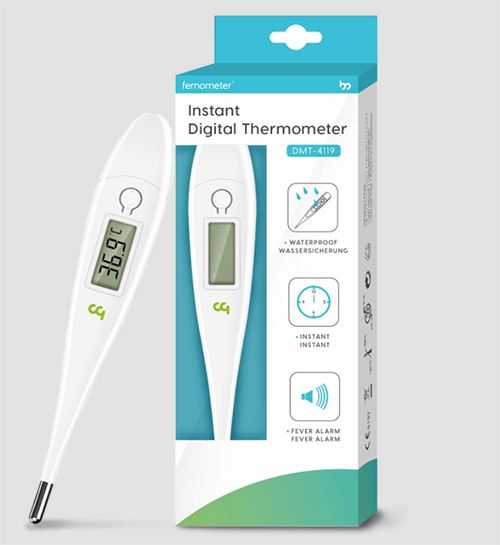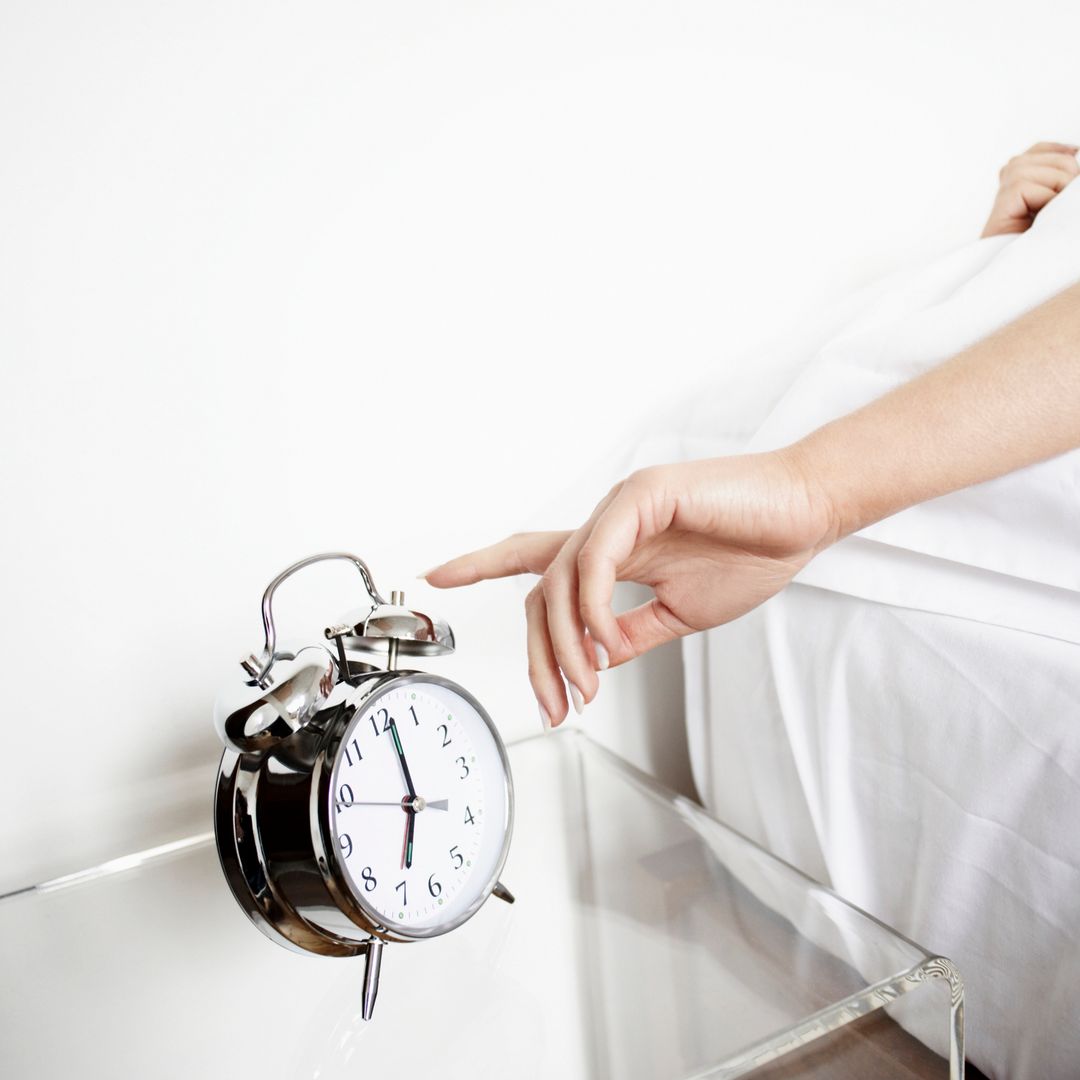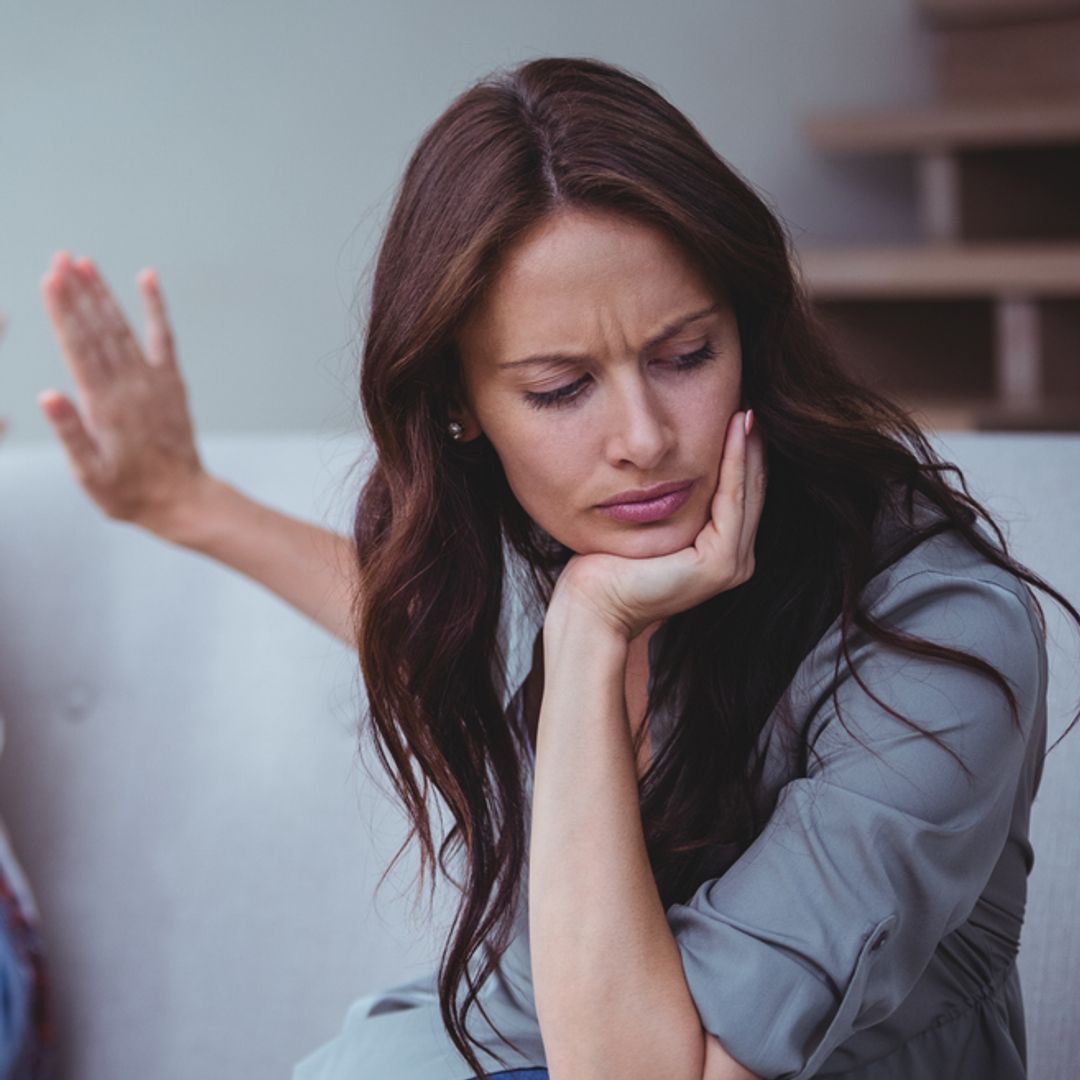As the world continues to navigate the unchartered waters of the coronavirus crisis, we're beginning to learn more and more about the infection - but that doesn't mean identifying the symptoms has become any easier. After all, we're still getting to grips with COVID-19 and the majority of symptoms can overlap with that of a common cold or flu. So how do we know if we're carrying the virus? Gathering the advice of medical professionals, organisations and experts, as well as first-hand accounts from sufferers across the world, here's a guide to the most common signs of COVID-19...
RELATED: How to look after your teeth during lockdown and what to do if you have a dental emergency
VIDEO: Dr Dawn Answers Your Coronavirus Questions - Part 1
Is a high temperature a symptom of coronavirus?
A high temperature is listed as one of the symptoms of coronavirus. The NHS has explained that if you don't have access to a thermometer, you can follow this test: If you feel hot to the touch on your chest or back, then you will need to self-isolate for at least seven days.
Digital Body Thermometer, £9.99, Amazon Prime
BUY NOW
Is a cough a symptom of coronavirus?
The NHS has confirmed that a new or persistent cough could be a symptom of coronavirus. If you find yourself coughing a lot for more than an hour, or experience three or more coughing episodes in the space of 24 hours, you must stay at home and self-isolate for a period of seven days.
Is muscle pain a symptom of coronavirus?
Speaking exclusively to HELLO! Dr Dawn Harper explained that "other quite common symptoms include muscle pains, and a feeling of utter fatigue, complete exhaustion - feeling a bit steam rollered."
Is a loss of sense of smell or taste a symptom of coronavirus?
Dr Dawn has said that: "Around one in four patients will also notice either a loss of sense of smell or a loss of sense of taste."
READ: 11 stars reveal what coronavirus is really like: their symptoms and experience
VIDEO: Dr Dawn Answers Your Coronavirus Questions - Part 2
Is a sore throat a symptom of coronavirus?
While a sore throat does not necessarily mean that you have contracted the infection, the World Health Organisation has confirmed that a sore throat could be amongst some of the milder symptoms experienced by patients with COVID-19.
Is a headache a symptom of coronavirus?
While a headache is not listed by the NHS as a symptom of coronavirus, some sufferers have experienced headaches. A Spanish health professional, Dr. Yale Tung Chen confirmed to HELLO! last month that he had contracted the infection whilst treating patients at a hospital in Madrid. Taking to Twitter, Dr Chen chronicled his symptoms over a three-week period, describing how he had experienced headaches on and off again alongside a persistent cough and temperature.
Are stinging eyes a symptom of coronavirus?
The relationship between the transmission of the coronavirus and your eyes is complicated.
As it's a new illness, experts don't know exactly how coronavirus spreads from person to person, the NHS says. Similar viruses are spread in respiratory droplets from coughs and sneezes. These droplets can land in the mouths or noses of people who are nearby, or possibly be inhaled into the lungs.
At this time there is no strong evidence that the coronavirus is linked to conjunctivitis. As red eye (conjunctivitis) is not a coronavirus symptom, stay at home or use the 111 online coronavirus service to find out what to do.
Is feeling dizzy a symptom of coronavirus?
While dizziness is not listed as a specific symptom of coronavirus, some sufferers have experienced dizzy spells while infected.
New findings published in the medical journal JAMA Neurology have found that 36 percent of the 214 infected patients analysed had frequently experienced neurological effects such as dizziness or a headache.
Is a rash a symptom of coronavirus?
The Healthline website records that: "when dermatologists in Lombardy, Italy, assessed 88 people who had tested positive for COVID-19, they found roughly 20 percent had skin symptoms." This can include a red rash, widespread hives, or chickenpox-like lesions.
While a rash has not yet been listed as an official symptom of coronavirus, some patients who have contracted the infection are being observed for changes to the skin.
VIDEO: Dr Dawn Answers Your Coronavirus Questions - Part 3
MORE: 5 ways the royal family are staying in touch during the coronavirus lockdown
This article contains affiliate links, which means HELLO! may earn a small commission if a reader clicks through and makes a purchase. More information.









